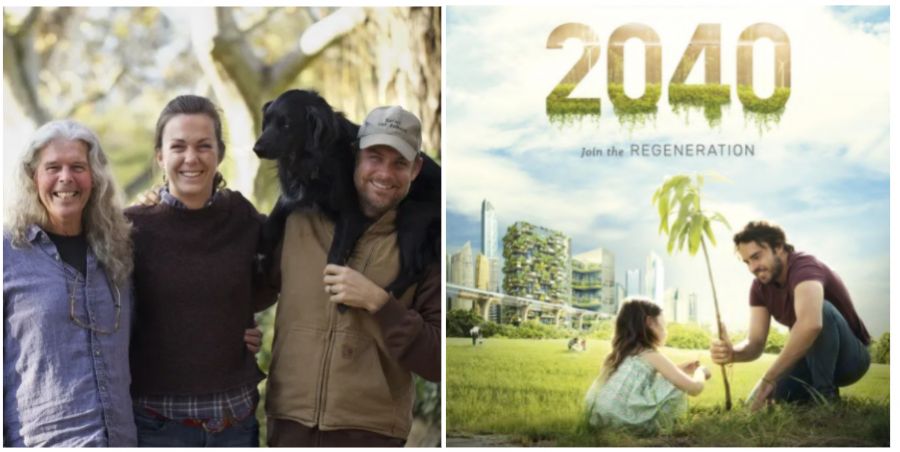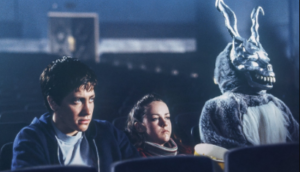If you go to the Fest Archive, you can see what films One Earth Film Festival has shown over the years. Today I will talk about two from last year’s edition — ‘The Biggest Little Farm’ and ‘2040’.
I have watched both of them when the pandemic started and all film festivals slowly started to move online. And they both had a big impact on me and started to shift my world. Unlike other films about the environment I watched in the past, they were full of hope for the future. They made me want to live surrounded by nature and work towards the better life. Since then I changed my energy source to solar power and stopped eating animal products.
‘Biggest Little Farm’ is a story of Molly and John Chester who decided to move out of a big city and start their own traditional farm, like the ones in the children’s books. Real farm from the past where everything cooperates in harmony with nature. Together with their mentor Alan York they worked on making the soil healthy again and building an ecosystem based on biodiversity. They started to grow many different plants and breed various animals. Soon birds and warms started to appear to complete the equation.
Their farm started to look like the Garden of Eden. Unfortunately, problems also followed and after their mentor died, they had to resolve them themselves. They had to fight adversities like fires, droughts and pests without using anti-pesticides and antibiotics. That was a must to obtain organic and biodynamic certification for their Apricot Lane Farm. Soon John realized that their farm reflects the eternal cycle of life where everything has its role.
The second film ‘2040’ is also a very personal story of the director Damon Gameau who wants to make sure that his 4-year old daughter grows up in a better world. So he embarks on a journey to find out what solutions for climate change we already have available right now and he builds the positive vision of the Earth in 2040. One that involves regenerating the soil, cleaning the oceans, decentralizing the energy sources and empowering women.
Most of the films talking about the future are dystopian because they sell well and also give us excuses — it’s already doomed so we do not have to do anything or change our way of life. It feels like there is no escape. And even if somebody wants to talk about a different vision of the things to come, then it’s called utopian and suggested that it’s naive and too good to become true. That’s why a new term was invented: protopia — something in between. Not the idealistic, unreachable future but also not the fatalistic one. It’s the world that we can have if we just start acting now.
Every little helps but we also need to make sure that we work towards the laws and regulations that support that vision.



